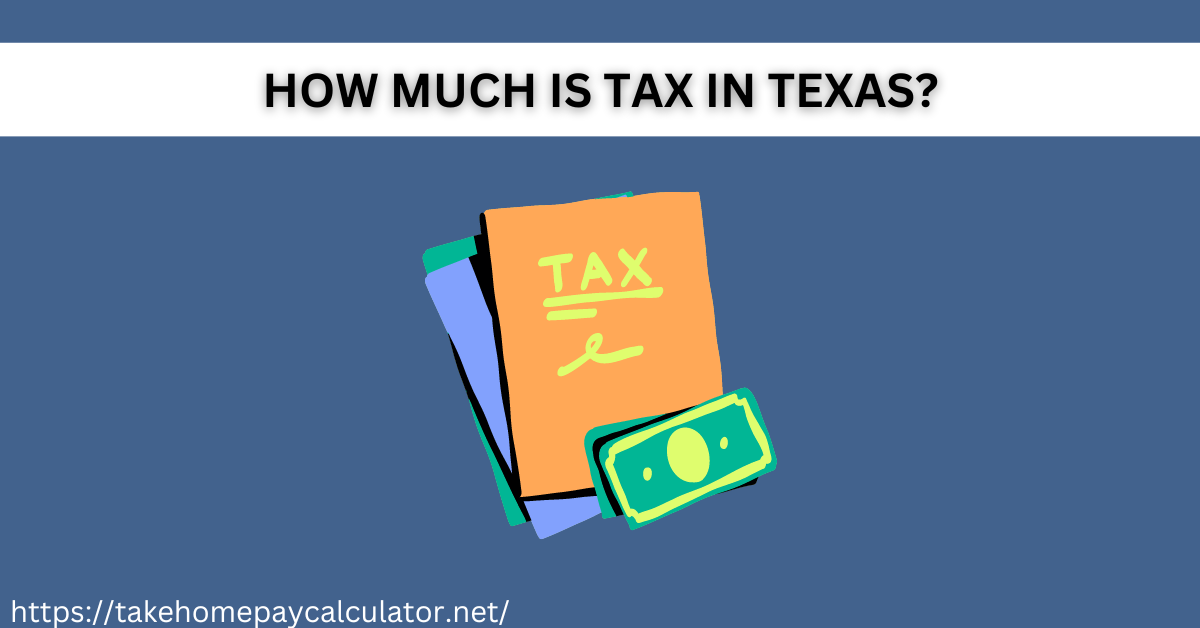In financial planning, understanding the tax structure is crucial for assessing the cost of living. Texas stands out for its resident-friendly tax advantages, making it an appealing destination. This article explores key aspects of taxes in Texas, including rates, exemptions, and essential information to guide you through the state’s tax landscape. As a state without income tax, Texas relies on sales and property taxes, each with its unique considerations. Local sales tax rates may vary, impacting purchasing decisions. Property taxes fund local services, and understanding exemptions is vital for homeowners. Businesses benefit from the absence of state income tax but navigate the franchise tax. Beyond these, there are additional considerations like motor vehicle taxes and hotel occupancy taxes. This concise guide equips residents and potential movers with essential insights to navigate Texas’s tax environment successfully.
Overview of Texas Tax System
Texas boasts a favorable tax environment, standing out among states due to the absence of state income tax. This unique feature distinguishes it from places where residents are obligated to allocate a portion of their income to state taxes. In Texas, individuals can enjoy their earnings without the burden of state income tax, making it an attractive destination for those seeking financial advantages. This tax advantage has contributed significantly to Texas’s reputation as a state with a business-friendly and economically appealing climate. Residents and businesses alike appreciate the financial flexibility and opportunities that come with the absence of state income tax, making Texas a preferred choice for many seeking a more tax-friendly environment.
Sales Tax in Texas
In Texas, there is no state income tax, placing it among states with a favorable tax environment. However, the state heavily relies on sales tax for revenue. With a statewide rate of 6.25%, residents should be aware that local jurisdictions, including cities, counties, and special purpose districts, may add extra taxes, elevating the total rate in certain areas to over 8%. To make informed financial decisions and effectively budget, it is crucial for individuals to understand the variations in local sales tax rates. This awareness ensures that residents can navigate the diverse tax landscape of Texas, facilitating better financial planning and wiser purchasing choices.
Property Taxes – A Major Revenue Source
In Texas, property taxes are pivotal for funding local services like schools, roads, and public safety. These taxes vary by county, making it crucial for homeowners to stay informed about the specific rates in their locality. Beyond this, Texas provides homeowners with various exemptions and deductions to alleviate the impact of property taxes. These measures aim to support individuals in managing their financial responsibilities and promoting homeownership. Being aware of the local property tax rates and taking advantage of available exemptions ensures that residents can make informed decisions about their property investments and contribute to the overall well-being of their communities. Property owners in Texas can navigate the tax landscape more effectively by understanding the nuances of property taxes, thereby optimizing their financial planning and fostering a stable living environment.
Business Taxes in Texas
Entrepreneurs and business owners find Texas to be a highly favorable environment due to the absence of state-level income tax on business profits. Instead, the state employs the franchise tax, applicable to most businesses. Delving into the intricacies of the franchise tax and other business-related levies is essential for those aiming to establish or expand their ventures in Texas. This tax-friendly atmosphere, coupled with the absence of state income tax, positions Texas as an appealing destination for businesses seeking to thrive economically. As a result, understanding the nuances of the state’s tax structure becomes a critical aspect of strategic planning for entrepreneurs looking to capitalize on the advantageous business climate in the Lone Star State.
Other Taxes and Special Considerations
In Texas, beyond the well-known income, sales, property, and business taxes, there are additional financial considerations. These encompass motor vehicle taxes, hotel occupancy taxes, and various fees. Being aware of these supplementary obligations is crucial for accurate budget planning and to prevent unexpected surprises. Motor vehicle taxes apply to vehicle ownership, impacting both residents and newcomers. Hotel occupancy taxes affect travelers and businesses in the hospitality industry. Additionally, there are miscellaneous fees that individuals and businesses may encounter. Staying informed about these lesser-known taxes and fees ensures a more comprehensive understanding of the financial landscape in Texas, allowing residents, entrepreneurs, and visitors to navigate the state’s economic terrain with greater financial acumen.
Conclusion:
In conclusion, understanding the tax landscape in Texas is vital for residents and businesses alike. The absence of state income tax is undoubtedly a major advantage, but it’s essential to consider other taxes such as sales tax, property tax, and business-related taxes. By staying informed and taking advantage of available exemptions and deductions, individuals and businesses can make the most of Texas’s favorable tax environment. Whether you’re a new resident, a business owner, or someone considering a move to the Lone Star State, being well-informed about Texas taxes will contribute to a more financially sound future.

